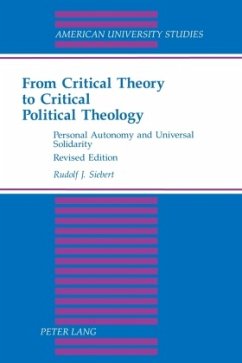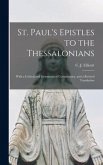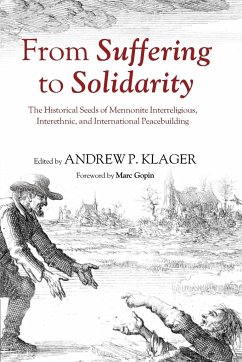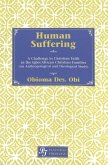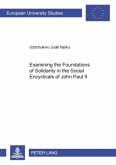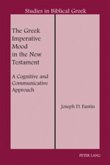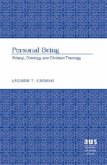At present, in European and American civil society a new paradigm of doing not only psychology, sociology and philosophy, but also comparative religiology and theology is emerging: it is called communicative rationality and action. A new communicative theology and religiology are also arising. Their central theme is the theodicy problem. The present study approaches this theme in the framework of a critical political theology and comparative religiology in a narrative and discursive fashion. In search for a solution to the theodicy problem, we explore with the help of the critical theory from Max Horkheimer through Walter Benjamin and Theodor W. Adorno to Jürgen Habermas, and with the assistance of the new political theology from Johann B. Metz through Helmut Peukert to Edmund Arens, the psychological, sociological, philosophical and theological constellation of universal freedom, reconciliation, and non-possessive love and solidarity out of personal autonomy and sovereignty.
«Siebert's book is first of all the most lucid introduction I know of to Helmut Peukert's communicative political theology. But far more than this, it is a new and brilliantly creative attempt to grapple with the theodicy problem. Beginning in the narrative mode, Siebert approaches the problem from within the abyss of human suffering in both its personal and social dimensions. Turning then to the discursive mode, he surveys the entire range of contemporary thinking on the theodicy problem. Using Peukert as a foundation, and synthesizing the narrative and discursive modes, Siebert succeeds in transposing the entire problem into a new key. And for this, we all stand in his debt.» (Denis R. Janz, Loyola University)
«This book is a beautiful example of how religion and one particular human life can dialectically blend into one. For 'religion is not in doctrines, in dogmas, nor in intellectual argumentation; it is being and becoming,' as has been stated very deeply by S. Vivekananda. The book is a real theodicy; in spite of deep personal tragedy it is full of hope and nobility.» (Darko Göttlicher, Yugoslav Academy of Science and Art)
«A remarkable achievement and a remarkable testimony to the potential depths of a loving human relationship as a conduit to faith!... His rendering of the theodicy problem is fresh and challenging, calling us to both deeper reflection and more commited action in solidarity with suffering humanity.» (Bernard Hammond, King's College, The University of Western Ontario).
«This book is a beautiful example of how religion and one particular human life can dialectically blend into one. For 'religion is not in doctrines, in dogmas, nor in intellectual argumentation; it is being and becoming,' as has been stated very deeply by S. Vivekananda. The book is a real theodicy; in spite of deep personal tragedy it is full of hope and nobility.» (Darko Göttlicher, Yugoslav Academy of Science and Art)
«A remarkable achievement and a remarkable testimony to the potential depths of a loving human relationship as a conduit to faith!... His rendering of the theodicy problem is fresh and challenging, calling us to both deeper reflection and more commited action in solidarity with suffering humanity.» (Bernard Hammond, King's College, The University of Western Ontario).

